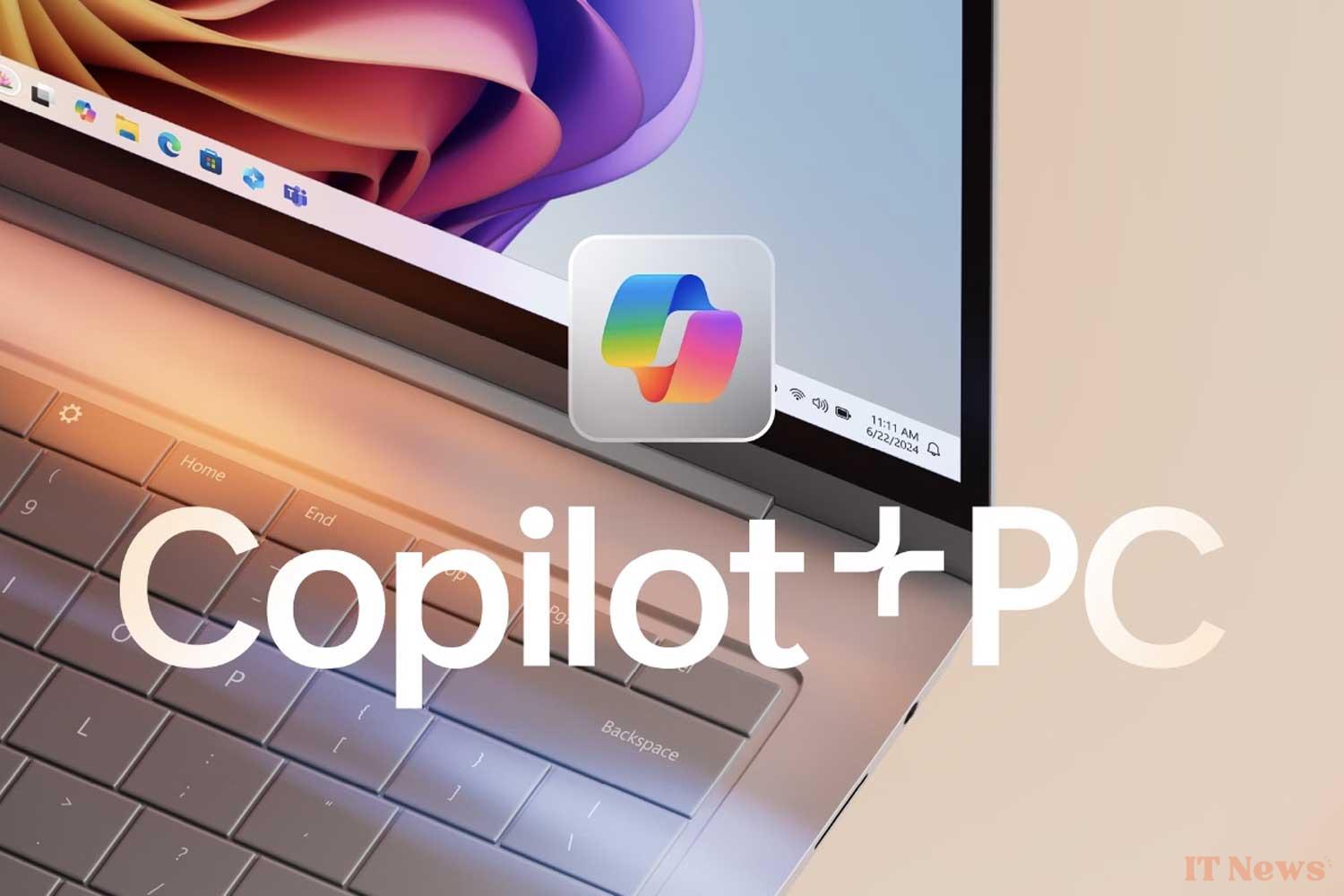As the Windows 10 end-of-support date of October 14, 2025, looms, Microsoft is stepping up its efforts to encourage users to upgrade to the most recent version of its operating system, Windows 11. The Redmond firm, faced with a market share still in the majority for Windows 10 (nearly 53% in April, compared to 43.72% for Windows 11), seems to be adopting a new, more subtle strategy to achieve its goal.
The most recent effort consists of the publication of a blog post that openly touts the brand-new Copilot+ PCs. This post is particularly aimed at users of older Windows 10 machines that don't meet the strict requirements for a free upgrade to Windows 11. The idea behind it is clear: if your current PC can't upgrade to Windows 11, Microsoft wants you to consider purchasing a Copilot+ PC. This approach contrasts with some previous, much more intrusive methods, such as full-screen pop-ups displayed during Windows 10 updates to promote Windows 11.
Microsoft's arguments for Copilot+ PCs
To convince users, Microsoft highlights several key advantages of these new "AI-ready" PCs such as increased performance, extended battery life, enhanced security and exclusive AI-based features.
The Redmond company notably mentions the arrival of Recall, a feature that periodically takes screenshots of your activity, analyzes them using AI and indexes them to allow you to later search for any content you have seen on your PC by describing what you remember. According to Microsoft, this can reduce the time it takes to find documents or websites by 70%, and the company insists that Recall is an opt-in experience with extensive privacy controls, that data is processed locally on the device and is not sent to the cloud or shared with Microsoft or third parties. Despite these assurances, Recall has sparked considerable controversy due to its potential privacy and security implications, leading some to recommend disabling it. It is also possible to completely remove Recall from your device.
Other benefits cited by the American giant include improved Windows search thanks to a neural processing unit (NPU) or Click to Do. This feature offers contextual shortcuts based on the content displayed on the screen, such as summarizing, rewriting, or copying text, or interacting with images (for example, deleting an object). Microsoft claims that Copilot+ PCs are up to 5 times faster on average than a Windows model that's at least 5 years old. The company also claims that the best Copilot+ devices offer up to 13% more performance than Apple's latest M4 MacBook Air on certain tasks.
A Complex Business Context
This promotional push comes in a somewhat complicated business context for Microsoft. The transition to the ARM architecture for Windows PCs is taking time, and Donald Trump's recent decisions are shaking up the market, leading to a surge in sales and concerns about what's next. The announced end of Windows 10 and the rise of embedded AI give Microsoft cause for optimism, but Copilot+ PCs still need to improve and mature to become essential.
Manufacturers are also trying to offer more accessible ARM PCs, but the bill often approaches or exceeds 1000 euros in France.
What can Windows 10 users do?
With the end of Windows 10 support approaching, the lack of security updates will make using the operating system increasingly risky. For current users, several options are available, starting with upgrading their PC to Windows 11 for free if it is eligible. The other option is to buy a new PC, potentially a Copilot+ model, if their current machine is not compatible with Windows 11.
Another option, less well-known and less promoted by Microsoft, is to pay to extend support for Windows 10. This option is primarily aimed at businesses, but it is available to the general public. Finally, it is always possible to switch to another operating system (such as Linux) or to continue using Windows 10 after support ends, assuming the increased security risks.



0 Comments